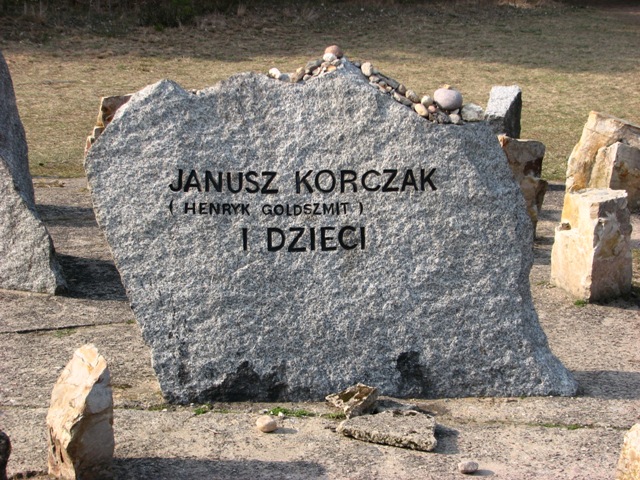Remembering Two Unusual Encounters with Tagore, Bookended By War
May 7 is Rabindranath Tagore's birth anniversary
As a teenager, I first encountered Pablo Neruda, the Nobel Prize winner from Chile. His early collection of romantic poems, Twenty Love Poems and a Song of Despair, was devoured by my friends and me.
Somewhat to my surprise I read that his poem from that collection, “In my Sky at Twilight”, was almost a transcreation of Tagore’s song, “Tumi Sondhyar Meghamala”.
In my college Elective English class, I was introduced to the poetry of the soldier poets of World War 1 – Wilfred Owen, Siegfried Sassoon among others. Owen’s powerful anti-war poetry and the pathos of his death – just one week before the end of the war – affected me deeply. Therefore it was curious to read about what can only be called a 'strange meeting of minds' (the reference is to Owen’s poem of the same name). While visiting London in 1920, Tagore received an emotionally wrenching letter from a certain Susan Owen.
“Dear Sir Rabindranath,“I have been trying to find (the) courage to write to you ever since I heard that you were in London," it went on, “but the desire to tell you something is finding its way into this letter today." [Mrs Owen wasn’t aware that Tagore had renounced his knighthood after the massacre as Jallianwalla Bagh]
The writer admitted that though she had no address for him, she was convinced that his illustrious name on the envelope would be sufficient for it to reach him. And she was right. The letter continued:
“It is nearly two years ago, that my dear eldest son went out to the War for the last time and the day he said Goodbye to me—we were looking together across the sun-glorified sea—looking towards France with breaking hearts—when he, my poet son, said these wonderful words of yours... ‘when I leave, let these be my parting words: what my eyes have seen, what my life received, are unsurpassable’. And when his pocket book came back to me—I found these words written in his dear writing—with your name beneath.”
How curious that Owen, who spared nothing in his gritty descriptions of the war, should find solace in the lyricism of Tagore’s only work available to English readers at that time: Gitanjali.
We move to another war. One far worse than World War I. When the Nazis occupied Poland, they herded the Jews of Warsaw into a crowded insanitary ghetto. The process resulted in a huge number of homeless and orphaned children. The Ghetto orphanage was run by a renowned pediatrician and educator, Janusz Korczak. He had dedicated his life to the care and well-being of children, and in the midst of all the horrors strived to give the children a sense of responsibility and fun.
Korczak was aware of the transport of Jews to “the East” (a euphemism for the death camps). He probably knew that the time was coming for the children. In July 1942, he directed a production of Tagore’s “Dak Ghor” (Post Office). A few days later, on August 5, the children of the ghetto were transported to Treblinka death camp. Although Dr Korczak was given the opportunity to escape, he stayed with his young charges until the gas chamber.
Why did Korczak choose this play by Tagore? The protagonist is a little boy, trapped in a room with an unspecified malady. But his imagination roams far and wide as he converses with all those who pass by his window. He believes that one day a letter will come for him from the king. When the king’s herald arrives, the boy is dying. But he dies with dignity and at peace. It is possible that Korczak was preparing his little charges for what was to come. His memorial at Treblinka commemorates his supreme sacrifice.

Memorial to Janusz Korczak at Treblinka.
That two very different personalities whose experiences of war and suffering did not snuff out their essential humanity could find comfort and inspiration from Rabindranath Tagore – is proof enough of his universality and humanism.
Dayita Datta teaches at Assam Valley School. She is Former Vice Principal, Welham Girls School
This article went live on May seventh, two thousand twenty four, at forty-four minutes past eleven at night.The Wire is now on WhatsApp. Follow our channel for sharp analysis and opinions on the latest developments.




